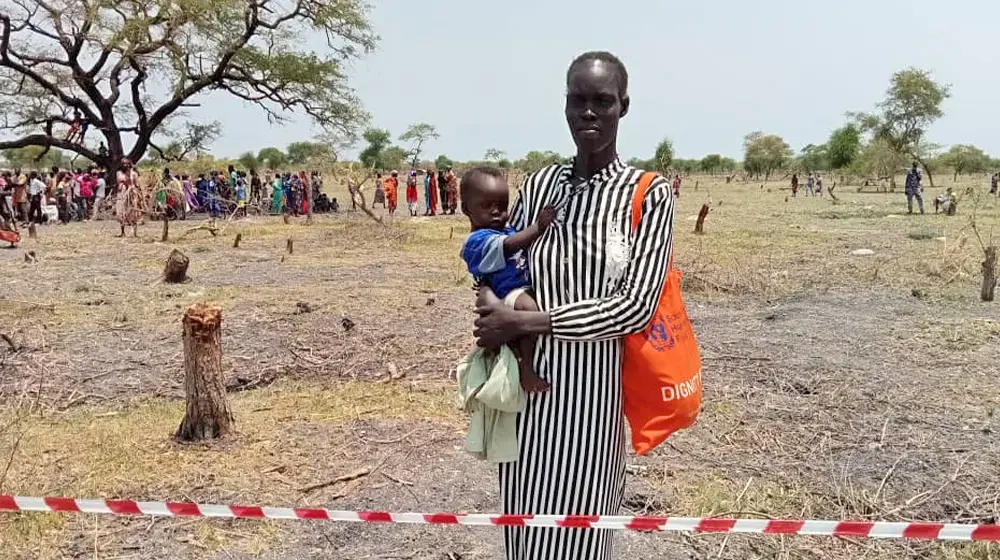The security situation in South Sudan remains volatile, with escalating armed clashes, airstrikes, and intercommunal violence, particularly in Upper Nile State. The conflict in Nasir, Upper Nile State has intensified instability nationwide, while political uncertainty persists due to delays in the implementation of the Revitalized Agreement for Resolution of Conflict in South Sudan (R-ARCSS). Power-sharing disputes, deepening ethnic divisions, cross-border incursions from Sudan and regional dynamics in the conflict further undermine stability, heightening risks to humanitarian operations.
Following the alleged house arrest of the First Vice President and his spouse, the Minister of Interior, last night (Wednesday 26 March, 2025), the UN Mission in South Sudan (UNMISS) has urged all parties to the R-ARCSS to desist from unilateral amendments to the agreement as this risks to reverse gains made over the past seven years. UNMISS has urged all parties to cease hostilities and engage in dialogue.
Despite the unease and tension in the capital Juba and elsewhere, UNFPA and partners remain on ground through the Country Office in Juba and field offices in Bentiu and Wau, delivering life saving SRH and GBV services to people in need of humanitarian assistance albeit with challenges in access and funding. UNFPA also continues to engage in development programmes through policy and programme advice to the Government at national and sub national level. Programme and staff safety is guided by the UNCT under the leadership of the RC/HC supported by UNMISSS and the Government.
A critical funding shortfall has left the 2025 Humanitarian Needs and Response Plan (HNRP) only 10% funded, forcing cuts to essential services, including healthcare, food aid, and water. The suspension of U.S. aid and donor reductions are compounding vulnerabilities, heightening humanitarian and security risks


